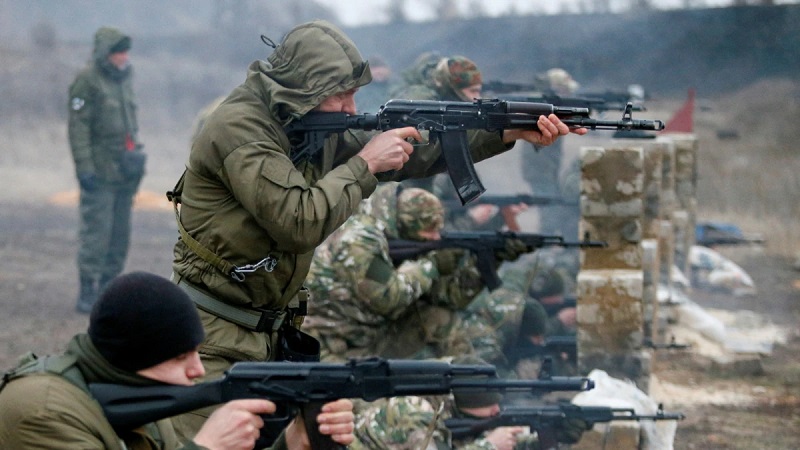A leaked audio recording featuring senior German army officers discussing the situation in Ukraine has ignited a diplomatic uproar and cast doubts on the security of German military communications.
Russia has seized upon the recording, claiming it as evidence of Western involvement in the Ukrainian conflict. The Moscow Times reported this breaking news today.
Here’s what we know about the intercepted communication:
What was leaked? On March 1, Margarita Simonyan, the head of Russia’s state-backed RT channel, shared a 38-minute audio recording on Telegram, purportedly capturing German army officers deliberating potential strikes on Crimea.
According to Simonyan, the conversation involving air force chief Ingo Gerhartz and three high-ranking Bundeswehr officers occurred on Feb. 19.
The discussion revolves around the potential deployment of German-made Taurus missiles by Ukrainian forces, with a focus on their capabilities and potential targets, including the strategic bridge over the Kerch Strait linking Crimea to the Russian mainland.
Despite Kyiv’s persistent requests for Taurus missiles, Chancellor Olaf Scholz has refrained from supplying them, citing concerns about escalating the conflict.
What was discussed? The recording reveals detailed discussions among the Bundeswehr officers regarding the potential use of Taurus missiles, including quantities and strategic considerations.
Speculation arises about targeting the Kerch Strait bridge, along with mentions of long-range missiles supplied to Ukraine by France and Britain, with reference to British soldiers providing support on the ground.
The British Prime Minister’s Office acknowledges the presence of a small number of personnel in Ukraine for diplomatic security and to aid Ukrainian troops, but refrains from commenting on operational matters.
The Ukrainian diplomatic source notes the presence of European intelligence services in Ukraine for training and support purposes, rather than direct combat roles.
How was it leaked? The meeting took place on WebEx, a commonly used platform for audio and video meetings. Defense Minister Boris Pistorius acknowledges the legitimate use of WebEx by the Bundeswehr, albeit with enhanced security measures.
However, it’s suggested that participants may have overlooked appropriate security settings or chosen an unsuitable platform for such sensitive discussions.
Roderich Kiesewetter, representing Germany’s opposition conservatives, speculates that a Russian participant might have had direct access to the conference, although the exact mechanism remains unclear.
Kiesewetter warns of potential further leaks benefiting Russia’s interests, underscoring the broader security implications.










